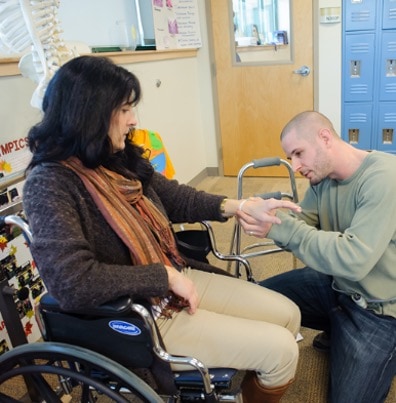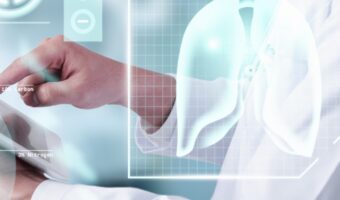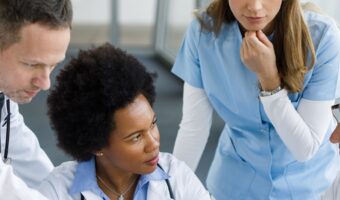Program Overview

You will earn a Bachelor of Science degree in Rehabilitation Sciences that will open the door to possible advanced degrees in Rehabilitation Science, Public Health, Rehabilitation Engineering or doctoral degrees in Physical or Occupational Therapy as entry-level therapists. If you would like to be a growing part of society’s goal to provide access to all persons, with and without disabilities, this program is the right choice for you. Combining innovation and assistive technology with the latest technologies developed will allow you to further obtain a certification in assistive technology through the RESNA (Rehabilitation Engineering Society of North America) who recognizes this program as a stepping-stone for obtaining a national certification in assistive technology. Teachers, therapists, engineers, architectural designers, game developers are all perfect candidates for this degree program.
Read More The Bachelor’s Degree in Rehabilitation Sciences (BS in RS) program provides an expanded knowledge of contemporary rehabilitation practice. The program highlights the use of assistive technology interventions. This innovative inter-professional program allows students from various backgrounds, such as engineering, social sciences, and education, to support individuals with disabilities to regain functional independence. Individuals of all ages affected by a disability are working towards achieving their life goals and re-engaging in meaningful activities in their lives. Students will be able to effect change in individuals’ lives by analyzing physical, cognitive, and perceptual skills and providing interventions using clinical reasoning and advanced analytical processes. Students will also engage in hands-on learning to maximize an individual’s engagement in activities within their home, work, school, and community environments. The National Center for Education Statistics, Institute for Education Sciences, describes rehabilitation sciences as “a program that focuses on human function, disability, and rehabilitation from the perspectives of the health sciences, social sciences, psychology, engineering, and related fields.” Students with an earned associate degree in architectural or interior design, video game development, occupational therapy assistant, physical therapist assistant, and other healthcare and related areas may apply to broaden job opportunities within the health and wellness community and disability population across the lifespan. Graduates will enjoy the advantage of working with inter-professional team members as they advance their understanding of disability and assistive technology use and design. Students will be prepared for career advancement in healthcare-related fields, disability rights, human function fields, patient advocacy, social sciences, or graduate studies in occupational therapy. Individuals who have obtained certification as an Occupational Therapy Assistant may be eligible for advanced standing for the MSOT graduate degree offered at NEIT upon partial completion of the BS in RS program. One unique feature of this rehabilitation science program is a partnership with TechACCESS, a leader in Assistive Technology located nearby Warwick, Rhode Island. Technology Labs are available to students on-site at TechACCESS. The hybrid format allows students to attend courses on campus, early evenings, a few days per week. Students can take the remainder of the program online. Working professionals will enjoy the hybrid format allowing students to engage in their education with a schedule that meets their needs.Full Description
Potential Career Opportunities
There are many opportunities for a qualified professional with a degree span across a number of rehabilitation services, including, occupational therapy, physical therapy, speech-language pathology, rehabilitation science, social sciences, and human function study programs.
Jobs in rehabilitation counseling regularly open up at places like senior centers, sports medicine teams, social work centers, nursing homes, and physical therapy centers, to name a few.
Work Adjustment Specialist
Geriatric Rehabilitation Specialist
Vocational Evaluator
Children’s Rehabilitation Specialist
Independent Living Center Employee
Group Home or Residential Specialist
Human Services Worker
Job Coach
Physical Therapist Assistant
Rehabilitation Counseling Specialist
Occupational Therapist Assistant
FAQ
-
What can I do with a degree in rehabilitation science?
A degree will prepare you for leadership roles in a health care delivery system, education, or service delivery team.
-
What is rehabilitation science?
Rehabilitation science relies on assistive technology to support individuals with disabilities in regaining functional independence.
-
How long does it take to become a rehabilitation therapist?
Most employers look for applicants who have earned at least a bachelor’s degree in the subject. These graduate programs typically take four years to complete.



